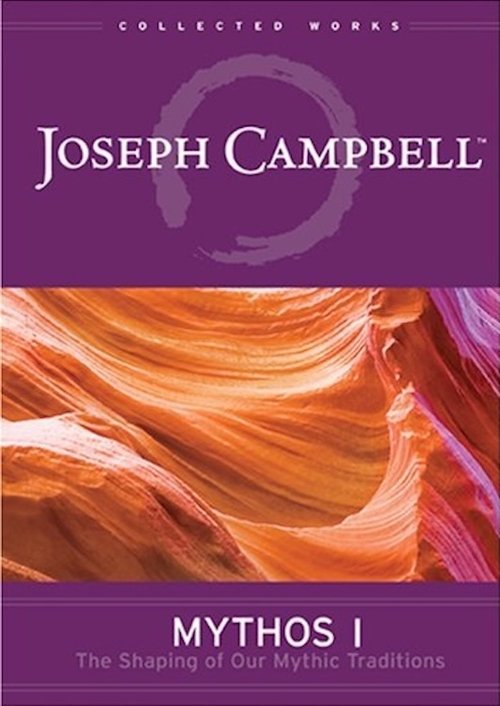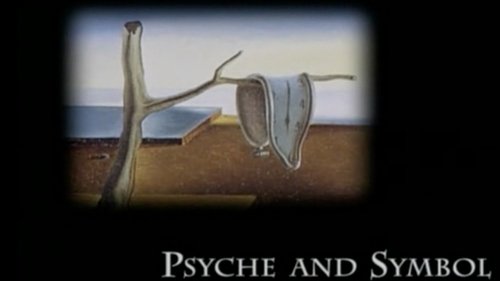
Mythos
Season 1
Joseph Campbell: Mythos I – The Shaping of Our Mythic Tradition is an all-encompassing primer on the idea of myth and its emergence in ancient societies. In this fascinating lecture series, Campbell connects the core ideas necessary for understanding myth to the psychological insights of Carl Jung, exploring broad topics such as the formation of religion, gender roles, and societal evolution. Presented across five compelling segments, this volume lays the foundation for understanding myth's enduring role in our lives and introduces Western mythos through history, psychology, and biology, all through Campbell’s engaging and accessible style.
Episodes

1. Psyche & Symbol: The psychological impulse for and response to myth
Campbell begins "Psyche and Symbol" by explaining how a functioning mythology serves both the individual and the society. Then he explains that psychology provides insights into how we live our lives. The more we know about our common psychological roots, the more we feel connected to those roots. He continues to talk about the self, the relationship between man and woman, as well as how the universal themes are accessible to all through art.

2. The Spirit Land: How myths awakened American Indians to the mystery of life
"The Spirit Land" initiates us in to the world of the American Indian. He begins by looking at modern society and the cycle of life that we all travel through. Campbell asks us difficult questions such as "Are you the vehicle of consciousness or are you the consciousness?" These themes are especially evident through the letter of Chief Seattle to the President. The psyche of the American Indian is completely different to that of the European Americans. It is from here that one can understand better the concept of what myth means to a culture.

3. On Being Human: The emergence of myth in early hunter-gatherer societies
"On Being Human" moves from the psychological origins of myths to the origins of human beings in prehistoric times. By tracing the development of mythic symbols from our earliest ancestors forward, we begin to see the themes that link all of us together into what Campbell calls the one great story of human kind.

4. From Goddesses to God: The gradual shift from the Goddess to male, warlike deities
"From Goddess to God" takes on the first major transformation for humankind. It begins with the emergence of agriculture and culminates with the world's first great empire: Egypt. While to some this may be just history, it is this history that has happened to the human race. By looking at these ancient cultures we can get a glimpse into our own lives.

5. The Mystical Life: Non-biblical mythic strains that helped shape the Western spirit
"The Mystical Life" describes that the seed of the soul is where the inner and the outer worlds meet. While the outer world changes with time, the inner world, or soul, is constant to the human race. It is through myth that provides the link between these two worlds.